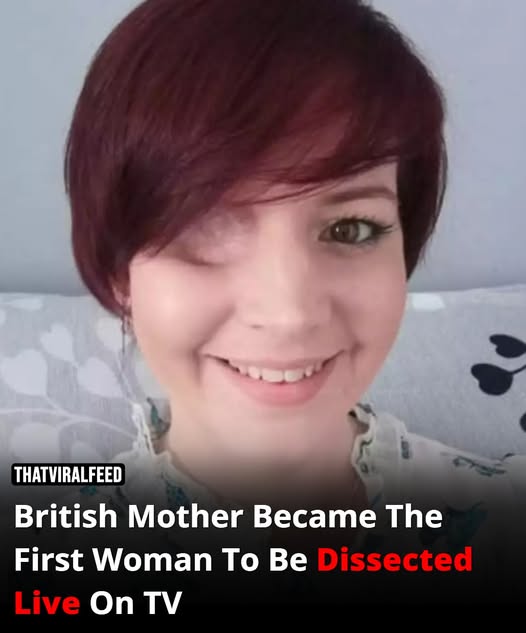Before she died, Toni shared that she was ‘fascinated’ by the changes happening within her body due to the cancer.She also told her parents about her wish to contribute to cancer research and to ‘educate millions’ by donating her body for scientific study, hoping to keep her memory alive through this act.

My Dead Body premiered in 2022.
This led to the creation of the Channel 4 documentary My Dead Body, which aired for the first time on December 5, 2022.
Thus, instead of a traditional funeral, Toni’s remains were transferred to BSMS for detailed study.In the documentary My Dead Body, Professor Smith conducts a series of educational workshops, each focusing on a different aspect of Toni’s anatomy.Additionally, the film includes archival recordings of Toni, who first got diagnosed in 2016, discussing her life and illness.

Toni Crews sadly died in 2020.
They also used AI technology to recreate Toni’s voice, enabling her to narrate excerpts from her diary and text messages.




 #2
#2